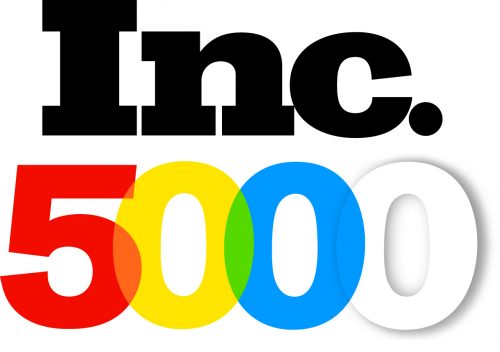In 2017 alone, 70 million Americans had to deal with debt collectors. Debt collectors also estimate contacting consumers more than 1 billion times per year.
If you have any debts that are with collections, then you know how stressful and invasive dealing with debt collectors can be. Debt, in general, is shown to have negative impacts on both your mental and physical health—but being hounded by collection agents is enough to make anyone want to run and hide.
One way to effectively put an end to the unending phone calls is debt consolidation. By understanding how debt consolidation works, and how to implement it, you can gain a number of benefits, above and beyond getting debt collectors off your back.
Curious to know what these are? If so, read on, as we unpack how debt consolidation can be a perfect vehicle for getting rid of debt collectors for good.
What Is Debt Consolidation?
Debt consolidation is comprised of paying off all of your debts in one go by taking out a new loan or line of credit. This is often called restructuring your debt or refinancing.
There are a couple of ways in which you can consolidate your debt. The first is by taking out a personal loan.
Debt Consolidation Via A Personal Loan
Taking out a personal loan is one way that you can consolidate your debt. By taking out the loan, you will be able to pay all or part of your debts in one go. Once this is done, you will be left with the loan to pay off.
This has the primary advantage that all of your debt payments will be consolidated into one. What’s more, by reducing the debts that are with collections, you will be able to put a stop to constant calls from the debt collectors. If you can keep up with the payments on the new loan, then you should be permanently free from collection calls.
Lastly, the other substantial benefit of this strategy is, not only will you rid yourself of multiple debts at collections and the stress that comes with this—but you might also be able to secure a better rate of interest for yourself.
Usually, however, this is only possible if your credit score is reasonably good.
Also, take note that most personal loans come with an origination fee. Depending on the loan, these can be quite steep, which can cancel out the benefits of any reduced interest rate you might be able to secure.
Debt Consolidation Via A Debt Consolidation Company
The downside to taking out a personal loan to consolidate your debt is that if your credit score is down, you may not be able to secure a feasible interest rate.
If you already have debts that are with collections, then it is likely that your credit score has taken a hit. This, in turn, means that you might not be eligible for rates that are lower than those on your debts at present.
While consolidating your debts with a personal loan will get collection agents off your back, doing so without making inroads on your rate of interest will not be of much help.
However, if you find yourself in this situation, there is another way you can consolidate your debt and, in many cases, garner better interest rates.
Debt consolidation companies offer similar advantages to DIY consolidation through personal loans. However, they often do not have as strict requirements as personal loans. In many situations, you may be able to qualify for debt consolidation services even with a lowered credit score.
Debt consolidation companies typically work with your creditors. On your behalf, they may reduce rates of interest and improve terms. Once this is done, they set up a debt consolidation solution for you. After that, instead of paying your creditors you will pay the company, who in turn pays the different creditors.
The advantage of this solution is that many debt consolidation companies offer interest rates that fall below those of the debt you might hold, usually between one and 17 percent.
What is more, this consolidating your debt in this way will, like with a personal loan, stop debt collectors from hounding you.
Debt Consolidation Via A Line Of Credit
Another way to undertake debt consolidation is through a line of credit. Some credit card companies offer what is known as balance transfer cards. In some cases, these cards hold a zero rate of interest for the first 12-24 months.
By applying for one of these, you can shift the balance of your debt to the zero-interest card. Once this is done, you can then pay it off while taking advantage of the zero rate of interest.
While this can be an effective solution, be aware that you will have to pay the debt off before the zero-interest rate period ends. Otherwise, you will start paying regular credit card interest rates on your debts.
Another drawback to balance transfer cards is that, like personal loans, your credit scores generally need to be in reasonable standing to qualify.
How Debt Consolidation Can Help
As you can see, debt consolidation has the power to get creditors off your back once and for all, leaving you the space to get on with paying your loan off.
Consolidation can also garner you better interest rates and make debt payments more convenient and easier to keep track of. Having just one debt payment each month is a lot easier to budget for than four or five!
Tired of Dealing With Debt Collectors? We Can Help
We get. There is nothing more tiresome than dealing with debt collectors when you are trying everything you can to get on track.
Fortunately, you don’t have to put up with ceaseless phone calls. Instead, you can choose to consolidate your debt and take advantage of the benefits that this offers. No more debt collector calls, and in many cases lower interest rates.
To find a solution that fits your needs in minutes—use our debt consolidation finder tool. Once you have inputted your details, we will match you with some of the best solutions that are aligned with your individual details.
Call on us if you have any questions and we will be happy to help.




